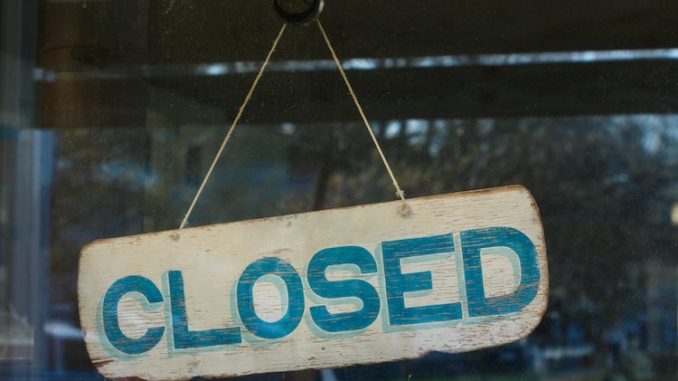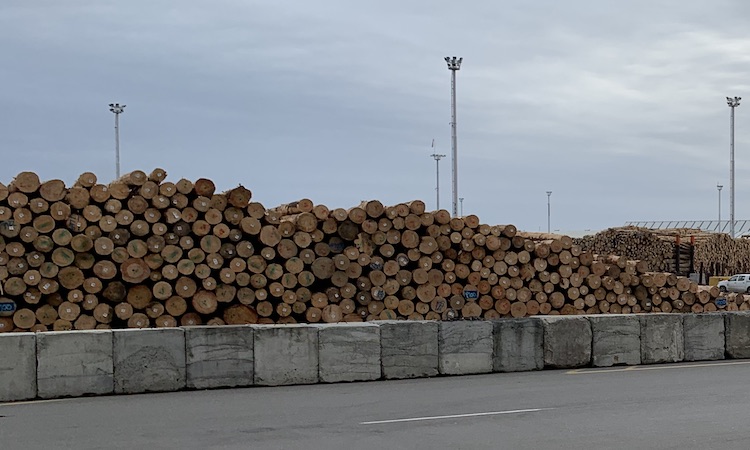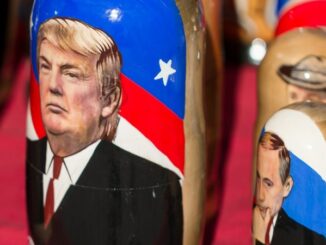
Dr John Battersby argues that a myopic focus on the pandemic’s impact, as well the growing social and economic fault-lines it is opening up, will generate risks in an environment in which we are less able to mitigate them.
Dr John Battersby is Teaching Fellow, Intelligence and Counter Terrorism at Massey University’s Centre for Defence and Security Studies (CDSS), and Managing Editor of the National Security Journal.
Covid-19 has produced an environment not anticipated when news of the Covid pandemic broke. Driven by fear of the unknown, predictions were for economic downturn, unemployment, and property market decline. While some sectors have been devastated and national debt has risen dramatically, the doomsayers were mistaken….at least for now.
The question of the impact of Covid on New Zealand’s national security is not one that is easily answered. It is not known how long the pandemic will last, how many times the virus will mutate and how effective vaccination and treatment will be in the long term. It could be a mistake to presume there will be a ‘back to normal endpoint’, but historically – entirely without vaccination or treatments, global pandemics have always eventually ended. The question remains, if an endpoint is inevitable, how far away is it?
New ways of thinking about human security as a national security concept means Covid is clearly a major consideration. The maintenance of the health and well-being of New Zealanders, the accessibility of vaccination and treatment, the information/mis-information clash, and the need for health infrastructure – not just for Covid – are all factors in the human security of New Zealanders.
Can our business communities outlast the disruptions of lockdowns, the traffic-light system, closed borders and interruptions in commodity supply chains? These are big economic security questions and satisfactory answers are elusive. Has the government’s approach been dominated by an illusory imminent ‘back to normal endpoint’ based on a hope that the globe gets the virus under control in the not too distant future? The Omicron variant suggests this could be an illusion, with subsequent variants a possibility.
In the meantime, national security considered in the traditional sense of existential threat to the state, and the state’s ability to mitigate it, is a worthwhile question to ponder. New Zealanders have for a long time now considered their geographical isolation as an insulator from threat, and in closing our borders against Covid we have banked on it.
Read this article in the digital edition:
Domestically, New Zealand was not in the best of shape before the pandemic struck. Lulled by long periods of low inflation, low interest and high employment levels we thought our ship was on a steady course. We could see a housing crisis looming, but we seemed unwilling or unable to positively address it. A parliament well-endowed with multi-house owners was insufficiently motivated to resolve it, and social housing, a short-term remedy at best, has seen the proliferation of crime, drug and gang activity. Our cost of living, especially food and fuel, were high despite us producing vastly more food than we needed.
Covid’s sudden appearance in 2020 did not cause any of this to occur, but it has exponentially compounded its negative impacts. Interest rates and inflation are on the move, the cost of living is up; our attempts to construct houses are frustrated by shortages of building materials, while millions of logs are piled at our ports for export.

Logs for export while domestic construction struggles.
Many of our businesses are eating into their savings or borrowing heavily to survive, while others seem to be profiting from the prevailing circumstances. Property prices have put houses out of reach of the average New Zealander. The rich are getting richer faster, the poor are poorer and there are now more of them.
All of this could be put down to griping about the economy and thus hardly unusual. However, from an historical and global perspective, it’s a denied, aggrieved or dispossessed middle class that has often presented the greatest risk to a country’s political stability.
Additionally, Covid has opened up social fault lines between the mainstream acceptance of the vaccination strategy and a minority who oppose it, or who individually just don’t want it. Emulating protests overseas, those opposed to vaccination, or believing in individual choice, or who don’t like being told what to do, who dislike the ‘ute tax’ or who follow Brian Tamaki, or who have developed a pathological dislike of the Prime Minister, or are gang members taking the opportunity to give the middle finger to police, all have found that their paths intersect now.
This creates a dilemma for intelligence analysts trying to interpret what this meeting of discontented minds in the streets, parks and in front of Parliament could all mean if it continues.
In a worst-case scenario, Covid continues to mutate, government-imposed restrictions continue medium to long term, and discontent ferments. Protests proliferate, but result in no softening of the government’s position. The decision by a few in the context of Vietnam War protests of the early 1970s was that protest wasn’t working so stronger measures were necessary. In 1970, politically motivated bombings averaged one a month in New Zealand aimed deliberately to change New Zealand foreign policy on the Vietnam War.
This could be complicated by individuals who have lost their jobs, or have chosen to leave them, amid the clear housing crisis, and with costs of living increasing all the time. Personal perceptions of grievances and desperation could lead down the well-worn path toward lone-actor terrorism; the path is short, and the option to take it could be quick. It can safely be assumed individuals fitting this profile have already come to the attention of police and intelligence services. Most will do no harm. As always, the challenge will be trying divine who will, before they do.
New Zealand’s capacity to deal with domestic threats is possibly already compromised. The government’s previous border strategy, the need to staff MIQs, and the traffic light system’s spot checks, and the controversial Northland checkpoints’ – has seen an enormous additional workload onto police. The media use the term – extra police – but there is no such thing. The extra police have been withdrawn from other duties, leaving gaps elsewhere, and more gaps will be left if they have to move staff to deal with increasing disorder.
To aid the demands of MIQs the New Zealand Defence Force has been called on to augment the personnel available. Unlike police who largely train their personnel for normal duties by constant exposure to daily risks, NZDF spend the vast bulk of their time training to maintain unusual skills that are only really needed in an emergency, such as major humanitarian disasters or a break-down of constitutional authority, as has recently occurred in the Solomons.
While military personnel are monitoring MIQs, these unusual skills are depleting and their ability to react to sudden and unusual circumstances depletes with it. Covid is almost certainly reducing New Zealand’s overall national security capacity, domestically and internationally. The longer Covid persists, the more likely a secondary risk will eventuate which will need to draw on that capacity – an earthquake, a volcanic eruption, a terrorist attack or an unforeseen event that has not occurred before.
On the other hand, security professionals have a tendency for paranoia, and over-securitisation can create the very problems they seek to prevent by reacting to phantoms induced by what they fear. The protests so far have been overwhelmingly peaceful, and while the vast majority of New Zealanders do not subscribe to their views – this would not be unusual with protests generally.
The complicating factor currently is that many of those opposed to vaccination, vaccination passports, or government restrictions under the traffic light system emerge from across the political spectrum (or have no political views at all) and predetermined assumptions about them is likely to misconstrue their intent, or risk, or potential to be a national security threat.
Covid-19 is a demonstration that New Zealand is not insulated from national security threats by virtue of our geographical location. The value of distance has fuelled our ability to endure the pandemic without the adversity that other countries have suffered. But the tyranny of distance is evident in the way it has caused us to look inward, the media and our political leaders risk becoming absorbed by our problems – we may not be looking at geostrategic shifts globally or regionally, or noticing the subtle moves by other powers, or non-powers (such as organised crime groups) to exploit the Covid distraction to increase their presence in our region.
We have already been stung by an apparent neglect to anticipate the implications of our Afghanistan withdrawal – so what will tension over Taiwan bring us? What are implications of AUKUS? What are the short and long term implications of Bougainville’s ongoing uncertainty and what about the instability in the Solomons? What about larger geo-strategic players inserting themselves into our region, or into Antarctica? The recently released 2021 Defence Assessment outlines an expected worsening threat environment in the Pacific. But have we borrowed too much money for COVID, leaving us unable to afford the measures needed to prevent outcomes we would rather avoid?
New Zealand’s Covid distraction may not have dimmed our awareness of national security concerns beyond our borders, but our ability to project and plan for the future, and our ability to meet policing, military or aid demands that may well emerge in any of these areas in the near or intermediate term have all been compromised.









